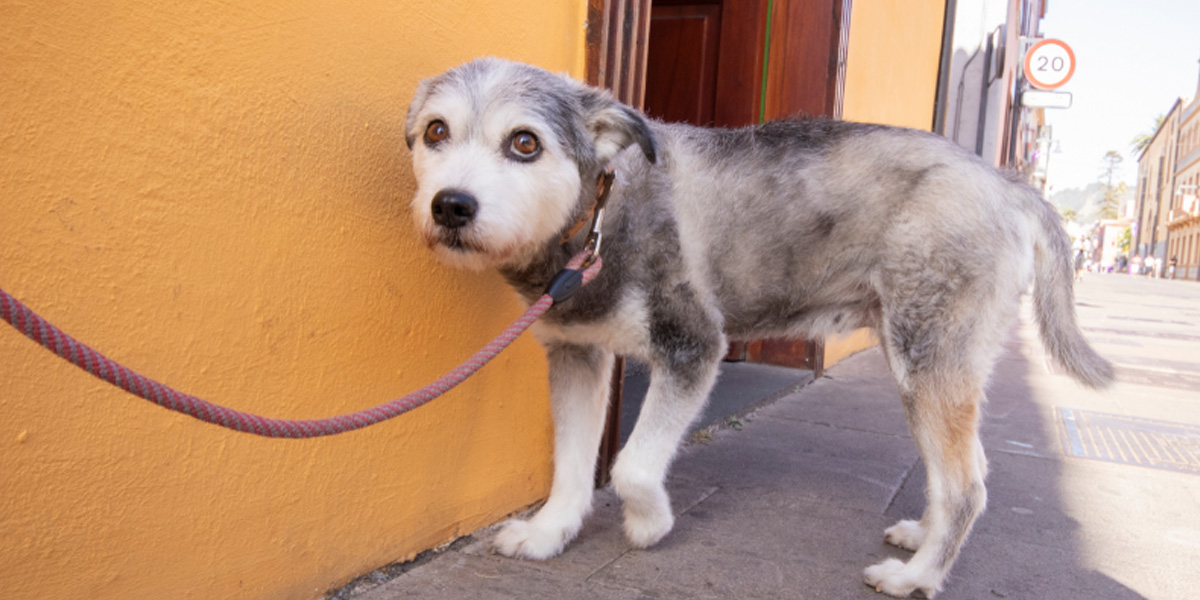Causes of Fear and Anxiety in Dogs and Cats
Doctor of Veterinary Medicine

While efforts are made to answer all questions as quickly as possible, if an immediate answer is required or if your pet is in need of urgent or emergency care, contact your pet's veterinarian immediately.
Doctor of Veterinary Medicine

You will receive an answer from Dr. Lindsay and our vet/tech team as soon as possible, usually the same day.
All answers are provided for informational or educational purposes only, and are intended to be a supplement to, and not a substitute for, the expertise and professional judgment of your pet's veterinarian.
It may be necessary to consult your pet's veterinarian regarding the applicability of any opinions or recommendations with respect to your pet's symptoms or medical condition.
CloseDoctor of Veterinary Medicine

An error has occurred, please reload the page and try again.
CloseWhile efforts are made to answer all questions as quickly as possible, if an immediate answer is required or if your pet is in need of urgent or emergency care, contact your pet's veterinarian immediately.
There is no answer related to your question

Why is my pet anxious and scared?
When your dog or cat experiences a fearful situation (stimulus), anxiety is increased and a deep seated, lasting memory of the experience is buried in your pet's brain. Whenever the stimulus is repeated, your pet is unable to make a conscious decision and adopts a "fight or flight" response. In many cases, it may not be caused by the stimulus itself, but signs or actions that precede it that initiate the fear response.
For example, many dogs and cats with a fear of storms may not only be afraid of the sounds the storms make, but also the signs of their arrival (decreases in barometric pressure, darkening skies, or gusts of wind). The same holds true for dogs and cats with separation anxiety, as they may become anxious when pet owners pick up their keys or pack for a trip. In addition, this behavior is often seen when pets are taken to the veterinarian office, and therefore they may become frightened when riding in a car, regardless of the destination.
Common causes of anxiety in dogs and cats
- Noise phobias (guns, fireworks, cars, machinery)
- Storm phobias
- Separation from owner (separation anxiety)
- Unfamiliar people (including children)
- Unfamiliar places
- Other pets or animals
- Veterinary clinic visits
- Boarding kennels
- Car rides
Treatment for your pet's anxiety and fear
Many veterinarians and pet guardians find that reducing anxious behavior is not an easy task. Pet medications are available to help reduce anxiety-inducing behavior, but there are risks of side effects. We recommend a natural remedy, like the Thundershirt, which uses gentle, constant pressure on your pet's torso (like a constant hug) to help calm your nervous dog or cat. It does not contain any pheromones or drugs, so it will help keep your dog or cat calm but not lethargic during storms, fireworks, or other stressful situations.
In severe cases of separation anxiety, it is recommended to use the Thundershirt in conjunction with a training program.
 Swipe
Swipe
































